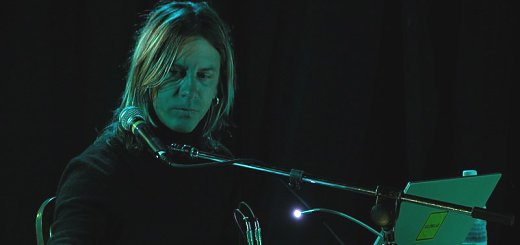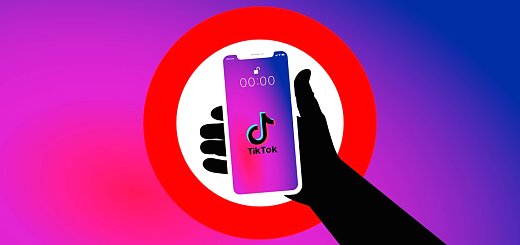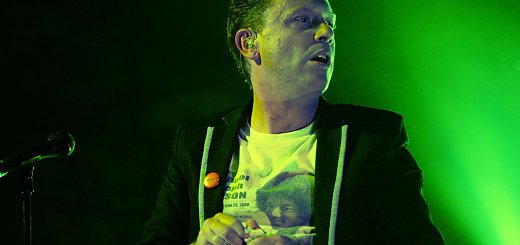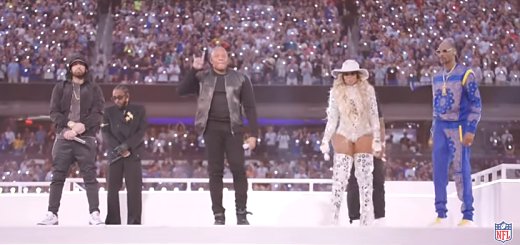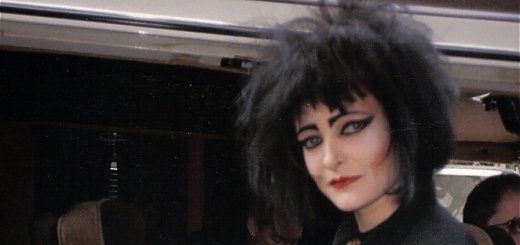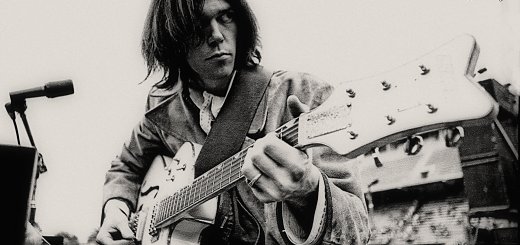Billboard calculates losses Neil Yung and Joni Mitchell are going to have due to their withdrawal from Spotify: "At an estimated $2.8 million in streaming royalties last year, Young’s decision will forego about $1.2 million each year for him and his label, Warner Music/Reprise (Spotify accounted for about 43%). Of that, Young likely received half — $600,000. On top of that, Young earned $308,000 in publishing revenue from Spotify last year. Half of that — $154,000 — he would receive for the songwriter share with the other half going to Hipgnosis Songs. For Young, personally, the decision to pull his music from Spotify will cost him about $754,000 annually. In 2021, Mitchell’s recording catalog earned $373,000 from Spotify revenues. Like Young, Mitchell’s heritage contract likely earns her half of those revenues, adding up to about $186,500 in artist royalties she is foregoing. Her publishing, including her songwriting share, earned about $702,000 annually, of which about 11% — $79,000 — came from Spotify. Mitchell’s personal annual loss, based on her catalog’s performance for 2021, would be about $257,000 in total artist and publishing royalties", Billboard estimates.




